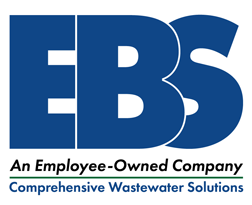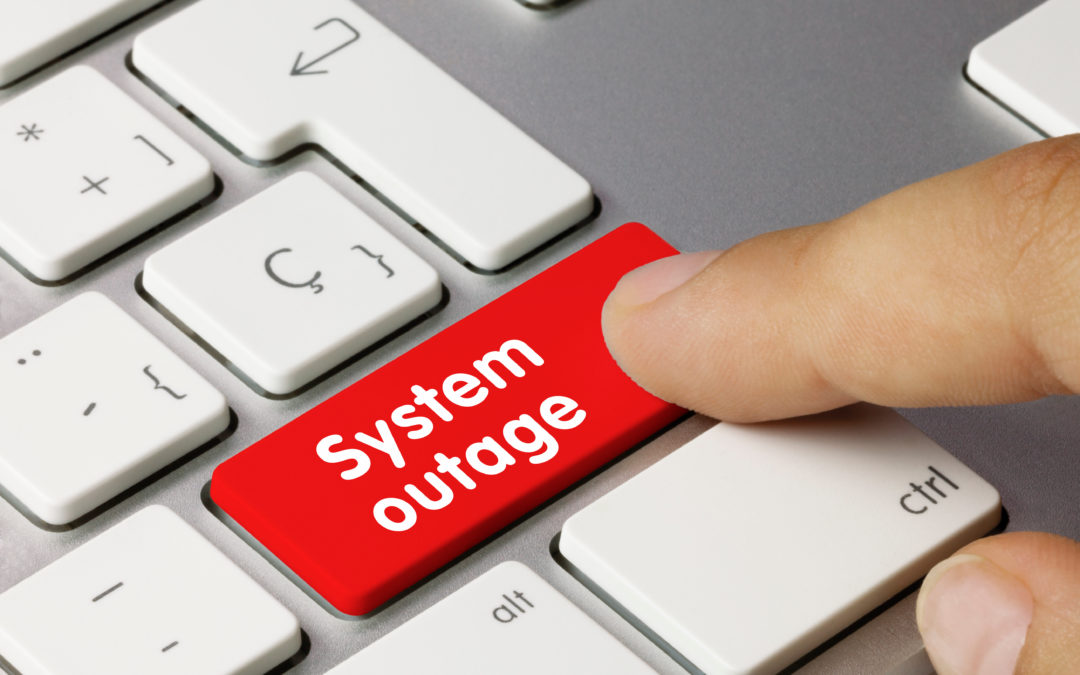Scheduled vs Unplanned Outages
There are two types of outages, scheduled and unplanned. Scheduled outages are annual affairs at roughly the same time each year and are used to conduct maintenance or other work that cannot be performed while the plant/mill is in full operation. These outages may involve a shutdown of some or all the production and ancillary operating equipment. Sometimes a plant/mill will have a cold shutdown, meaning all power or steam-generating equipment will also be down for a portion of the outage. Planned outages are heavily monitored, controlled, and scheduled. Despite the best planning, accidental losses during shutdown and restart can create issues and cause permit violations. The outage duration is crucial, as biomass activity and viability decrease the longer it goes without biochemical oxygen demand (BOD) loading EBS has found that replacing about 10 – 20% of the typical BOD loading for 3 to 5 days before restarting helps reduce the potential for upsets.
The second type of outage is the unplanned shutdown due to an operational or equipment problem within the plant/mill. Unplanned outages can devastate the wastewater system, increasing the risk of system upsets and effluent permit violations. Unplanned outages are extremely time sensitive, and this is where the EBS Core Value “Respond at the Speed of Sound” is showcased. Depending on site location, EBS can often have resources on-site within 24 hours to assist.
The key to minimizing the risks associated with either outage is to be prepared by developing and implementing action plans for all scenarios. Our “Simple, yet Profound” Core Value leads us to focus on the critical few and create a straightforward, cost-effective, and technically sound strategy to address scheduled and unplanned outages. If you would like assistance planning for a scheduled outage or responding to an unplanned one, EBS can help.
How can we help?
- Provide support through increased system monitoring and testing.
- Provide essential nutrients and appropriate dosage recommendations to maintain the growth and development of a healthy biomass.
- Provide a supplemental source of BOD, such as EBS MicroCarb, during extended outages.
- Provide a multi-step plan to help before, during, and after an outage in emergency and planned situations.
- Provide bioaugmentation to help bolster the local bacterial population.

